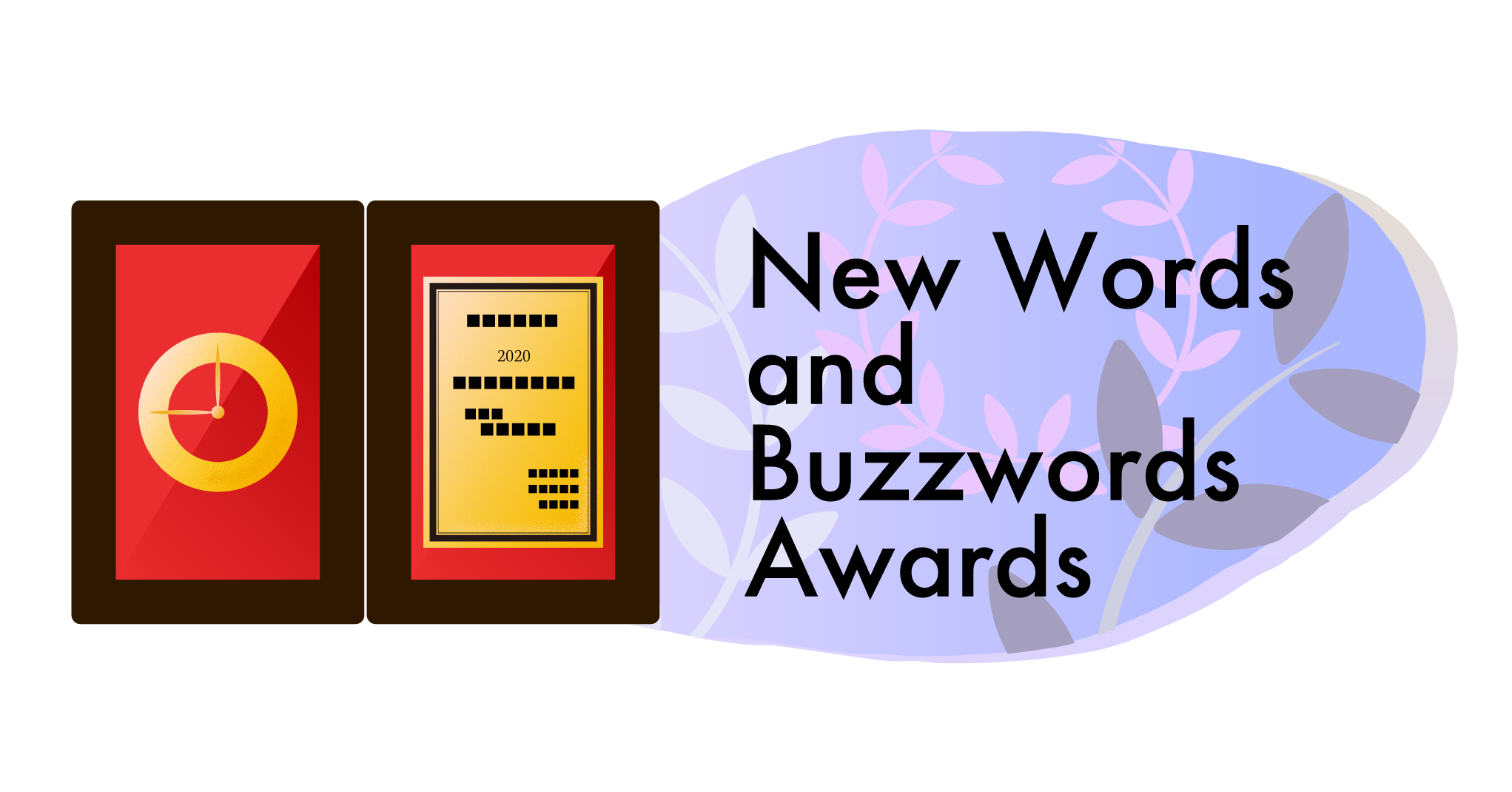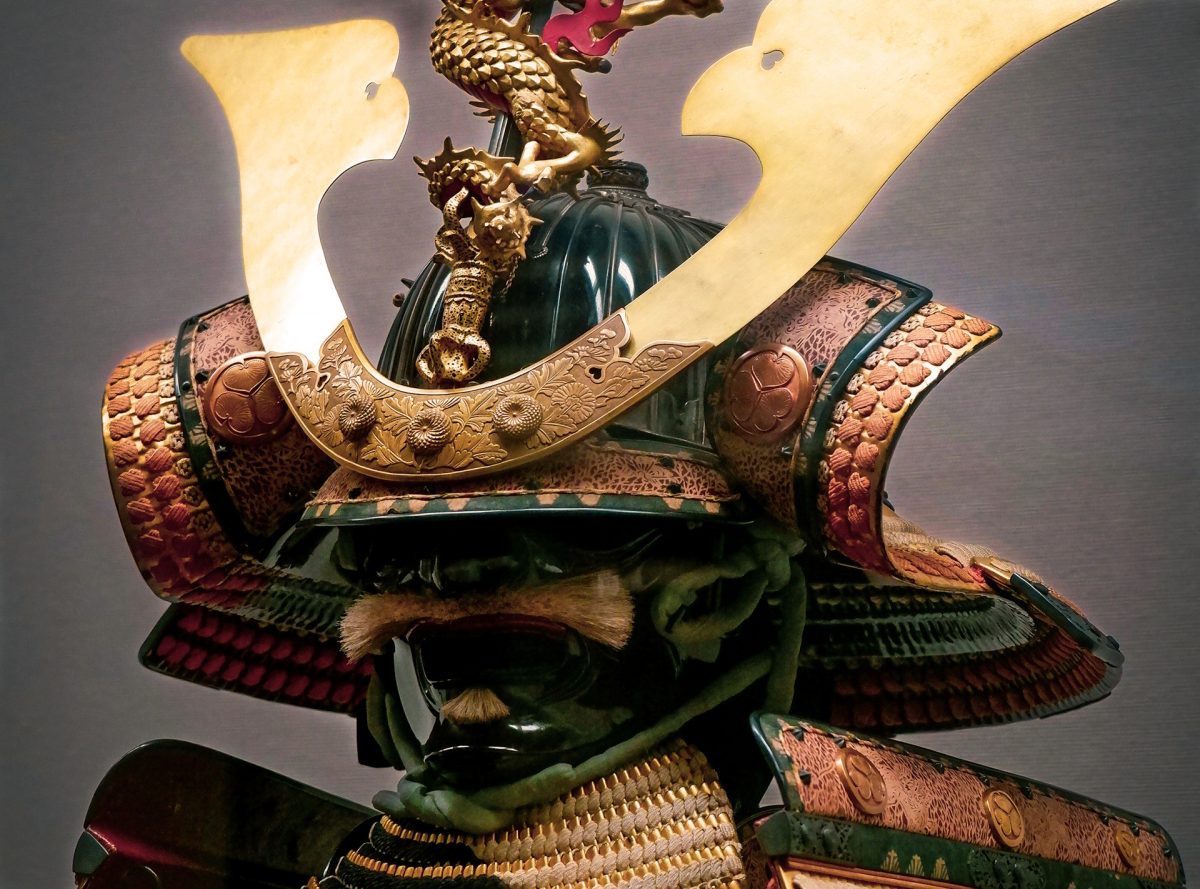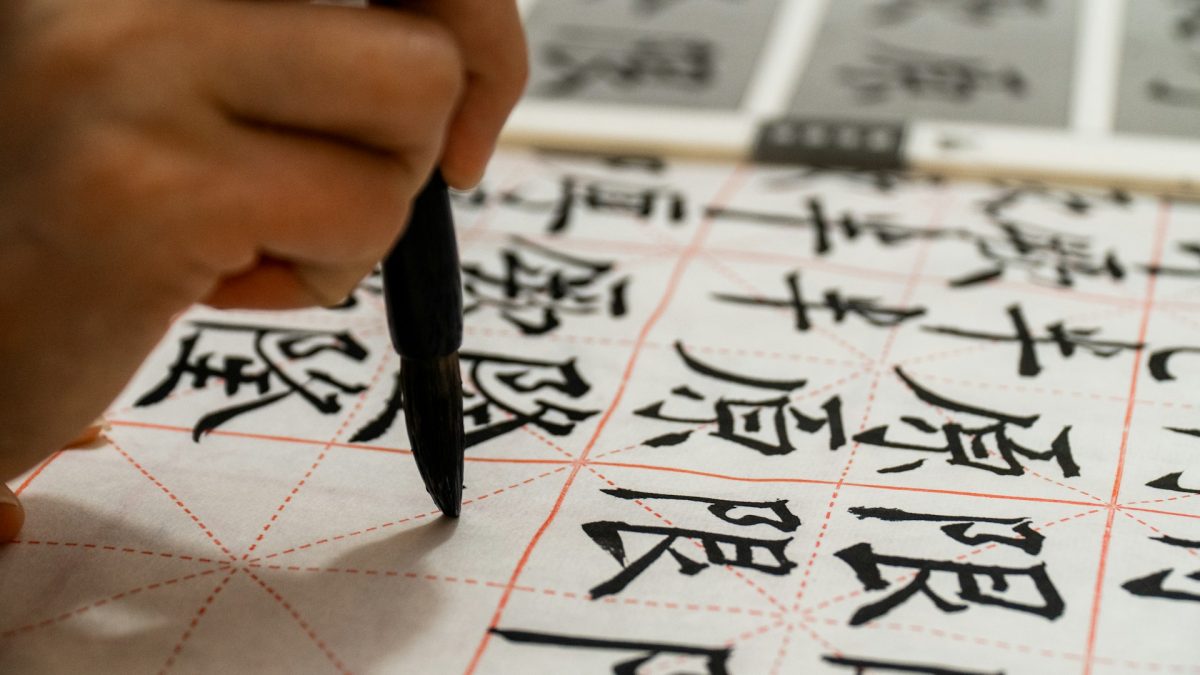
Covid-19 has left an indelible mark on languages worldwide. In English, “Lockdown” was declared Collins Dictionary word of the year. And in Japan, pandemic-related phrases garnered the lion’s share of the country’s top buzzwords for 2020.
The year 2020, which was supposed to be a joyous Olympic year for Tokyo, wound up beginning with the arrival of Covid-19, and has been one never-ending pandemic story ever since. So it’s no surprise that related buzzwords are front and center of the Japanese language as we first talked about in the blog post “How Japan is coping with the influx of new terms along with the novel coronavirus.” But life isn’t only about a disease, so there were a number of “off topic” buzzwords as well. Let’s take a closer look at those Covid-related, unrelated, and indirectly related buzzwords.
Contents
And the winner is…
3密 (Sanmitsu) , or what we call the “3 Cs.” The phrase 3 密 (sanmitsu) was coined by Japan’s Ministry of Health, Labour and Welfare as a way to reduce the spread of Covid-19 by encouraging people to stay away from closed spaces, crowded places and close-contact settings. But the award was presented to Tokyo’s Mayor Yuriko Koike in recognition of her efforts to publicize the phrase through daily briefings and official messaging.
Top 2-10: A year of coronization
愛の不時着 (Ai no fujichaku; lit. crash landing of love) is a Korean drama produced and distributed through Netflix, titled “Crash Landing on You” in English. This romantic comedy depicts a South Korean heiress who winds up in North Korea due to a paragliding mishap, and meets an army officer who decides to help her. As in other parts of the world, Korean pop culture has fans in Japan, and this fictional tale provided Japanese viewers with a welcome escape from their pandemic woes.
あつ森 (Atsumori), which is short for あつまれ どうぶつの森 (Atsumare dōbutsu no mori), is known to the world at large as Animal Crossing: New Horizons. This game for the Nintendo Switch platform puts users on a deserted island that quickly becomes un-deserted thanks to a full cast of animals. Japanese users, stuck at home with time to spare, welcomed the game which could be played with family at home, or connected to friends they couldn’t meet in person.
アベノマスク (Abenomasuku) is the transliteration of “Abenomask.” So, what’s that? First, it’s a play on “Abenomics,” the economic policy championed by former Prime Minister Shinzō Abe. More importantly, it’s the nickname given to the two-per-household gauze masks that the Japanese government sent out this year. The idea was that these washable masks would be an interim solution as disposable masks were disappearing from store shelves, but by the time Abenomasks reached Japanese families the supply of disposables had recovered. Abenomasks were largely too late, and literally too small (see video).
アマビエ (Amabie) is the name of an obscure yōkai, or supernatural creature, that was suddenly thrust into the limelight thanks to Covid-19. You see, this fish-scaled, mermaid-like thing with long hair, a beak and three legs, is said to emerge from the sea to prophesize a bountiful harvest or epidemic. According to legend, the amabie first appeared in 1846, telling people that a drawing of it would help protect against illness. So in 2020, the amabie went viral.
オンライン○○ (Onrain ○○; online something-something) in the context of online meetings, online parties, online classes, online medical consultations and even online weddings. Remote, online activities have taken on unprecedented importance during the pandemic.
鬼滅の刃 (Kimetsu no Yaiba; blade of demon destruction), known in the Western world as Demon Slayer, a manga series by Koyoharu Gotōge, published in Weekly Shonen Jump from February 2016. The TV animated version was aired from April to September 2019, and 2020 saw the movie release of Demon Slayer: Kimetsu no Yaiba the Movie: Mugen Train, in October. Incredibly, box office revenue surpassed JPY 10 billion in just 10 days after its release, during a pandemic.
GoToキャンペーン (Gōtsū kyanpēn) is the transliterated version of “Go To Campaign,” a series of government initiatives aimed at supporting industries that have been impacted by the coronavirus. Focusing on four fields of travel, restaurants and bars, events and shopping districts, the scheme involves paper or digital discount coupons meant to encourage consumer spending while adhering to Covid countermeasures.
ソロキャンプ (Soro kyanpu), for “solo camp,” or in other words, camping alone. Although interest in the activity started before the pandemic hit, solo camping has continued to gain steam as a leisure activity that allows participants to avoid the dreaded 3Cs. In a way, this type of going solo in the wild is the diametric opposite of glamping. The solo trend has been trailblazed by a number of comedians who have supplemented their dwindling gig income by becoming Solo camping YouTubers.
フワちゃん (Fuwa-chan) is a comedienne and YouTuber. Wearing a loud tank top bikini and shorts all year round, her equally loud antics and friendly personality help her make friends with just about anyone. Her effervescence helps to offset the gloom in today’s pandemic world.
Top 11 and beyond: Listing up some more noteworthy phrases
- 新しい生活様式/ニューノーマル (Atarashī seikatsu yōshiki / Nyū nōmaru) for “New lifestyle / New normal,” a general term encompassing various measures such as social distancing, avoiding the 3Cs, mask wearing and hand washing, and the promotion of teleworking.
- ウーバーイーツ (Ūbā ītsu) or “Uber Eats,” the food delivery service that took off in Japan as people were requested to stay home.
- AI超え (AI goe) or “Beyond AI” was a phrase coined by the media to describe the playing style of shogi master Sota Fujii, who is setting new records in the field.
- エッセンシャルワーカー (Essensharu wākā) is the transliterated version of “Essential worker” which obviously came to the fore due to the pandemic.
- おうち時間/ステイホーム (Ouchi jikan / Sutei hōmu) or “House time / Stay home” referring to Covid-related stay-home orders.
- 顔芸/恩返し (Kaogei / Ongaeshi) for “Face-making / Payback” comes from a popular Japanese TV drama featuring a number of Kabuki actors in modern roles.
- クラスター (Kurasutā) for “Cluster,” a small group of infected people.
- 香水 (Kōsui) meaning “Perfume” is the title of one of 2020’s hottest songs in Japan, boosted by a variety of users posting their own versions of the song on TikTok.
- 自粛警察 (Jishuku keisatsu) means “Self-restraint police” and refers to ordinary citizens who take it upon themselves to force other people’s compliance to mask-wearing and other Covid countermeasures sometimes bordering on harassment (i.e. the opposite of a COVIDIOT).
- Zoom映え (Zūmu bae) or “Zoomgenic” refers to people or settings that look good connected remotely by Zoom.
- 総合的、俯瞰的 (Sōgōteki, Fukanteki) meaning “Comprehensive with a bird’s-eye view,” a phrase that Prime Minister Yoshihide Suga used to explain his rationale for refusing to appoint some nominees to the Science Council of Japan, which critics say threatens academic freedom.
- ソーシャルディスタンス (Sōsharu disutansu) for “Social distancing,” no explanation necessary.
- テレワーク/ワーケーション (Terewāku / Wākēshon) are coined phrases for “Telework” and “Workation” (working while on vacation) that were adopted as part of Japan’s new normal.
- 時を戻そう (Toki o modosō) for “Let’s go back in time” was made famous by the comic duo Pekopa.
- NiziU is a K-Pop girl’s group featuring Japanese members only, produced by J.Y. Park, who also launched TWICE and 2PM.
- 濃厚接触者 (Nōkō sesshokusha) or “Close contact person” became an important term associated with Covid-19 contact tracing.
- BLM (Black Lives Matter), the movement advocating racial justice and protesting against police brutality was “brought home” to Japan through the mask-wearing of tennis player Naomi Osaka at the US Open.
- PCR検査 (PCR kensa) for “PCR test,” the essential test to check for Covid-19 positivity or negativity.
- まぁねぇ~ (Mānē) for “You could say that” or “Yeah, sorta” is the go-to phrase for the all-female comic group Borujuku.
2020 has been one heck of a ride for all of us around the world. The shockwaves sent out by Covid-19 can be felt on both a professional and a personal level. Lifestyles are changing. And so are languages. We hope this blog post finds you well, and maybe provides you with a few minutes of light reading that shines a light on how Japanese (language and people) are coping with the influx of Covid.
Douglass McGowan






